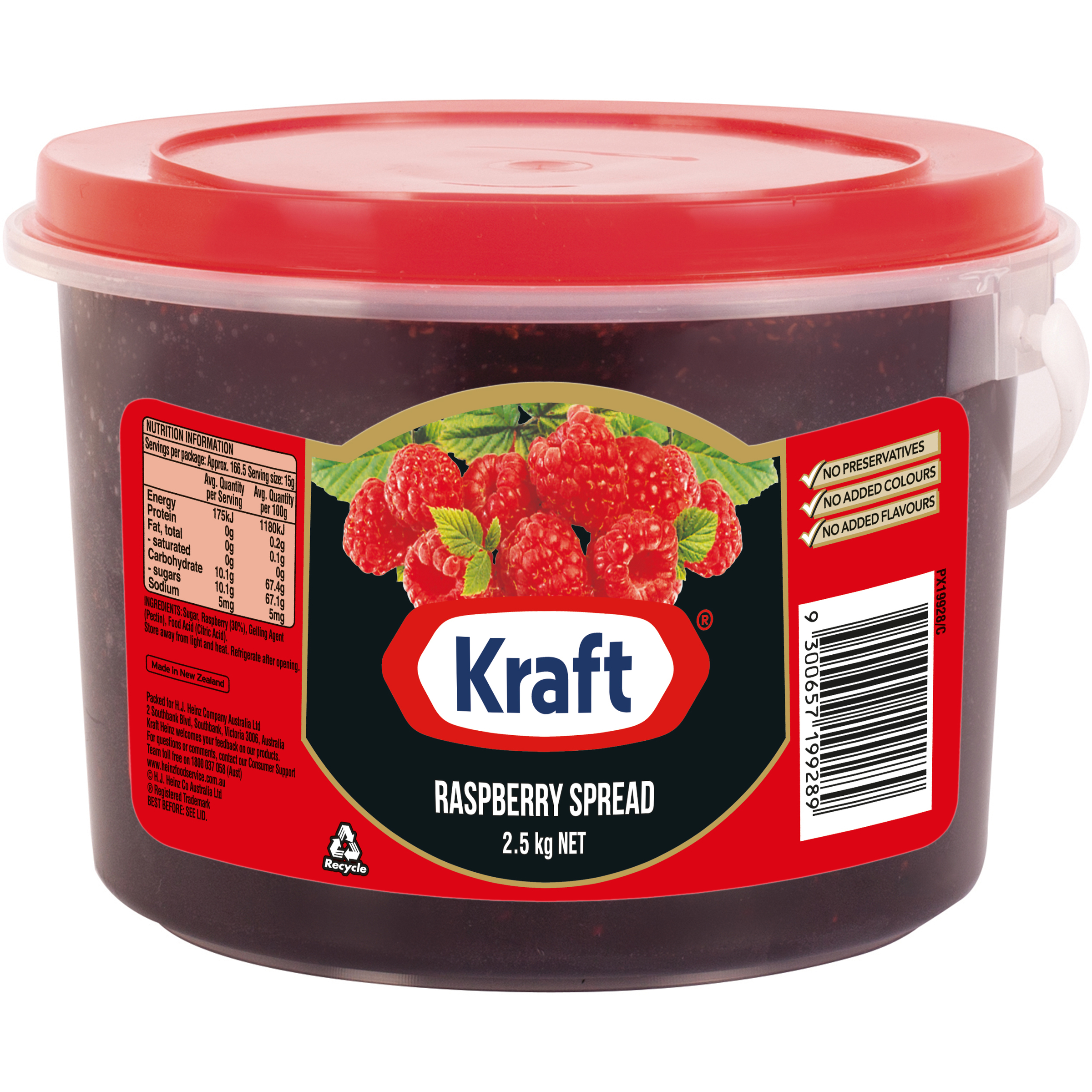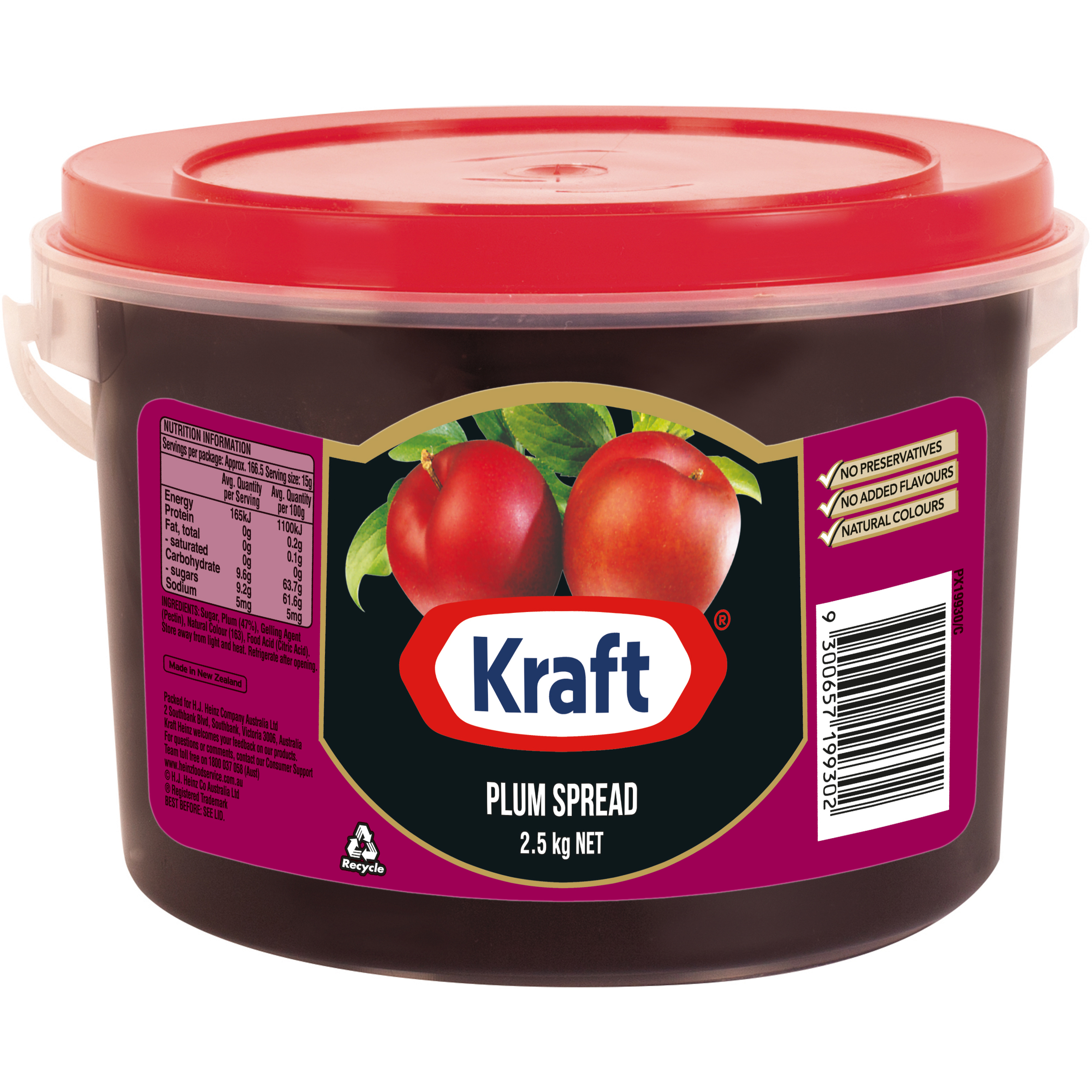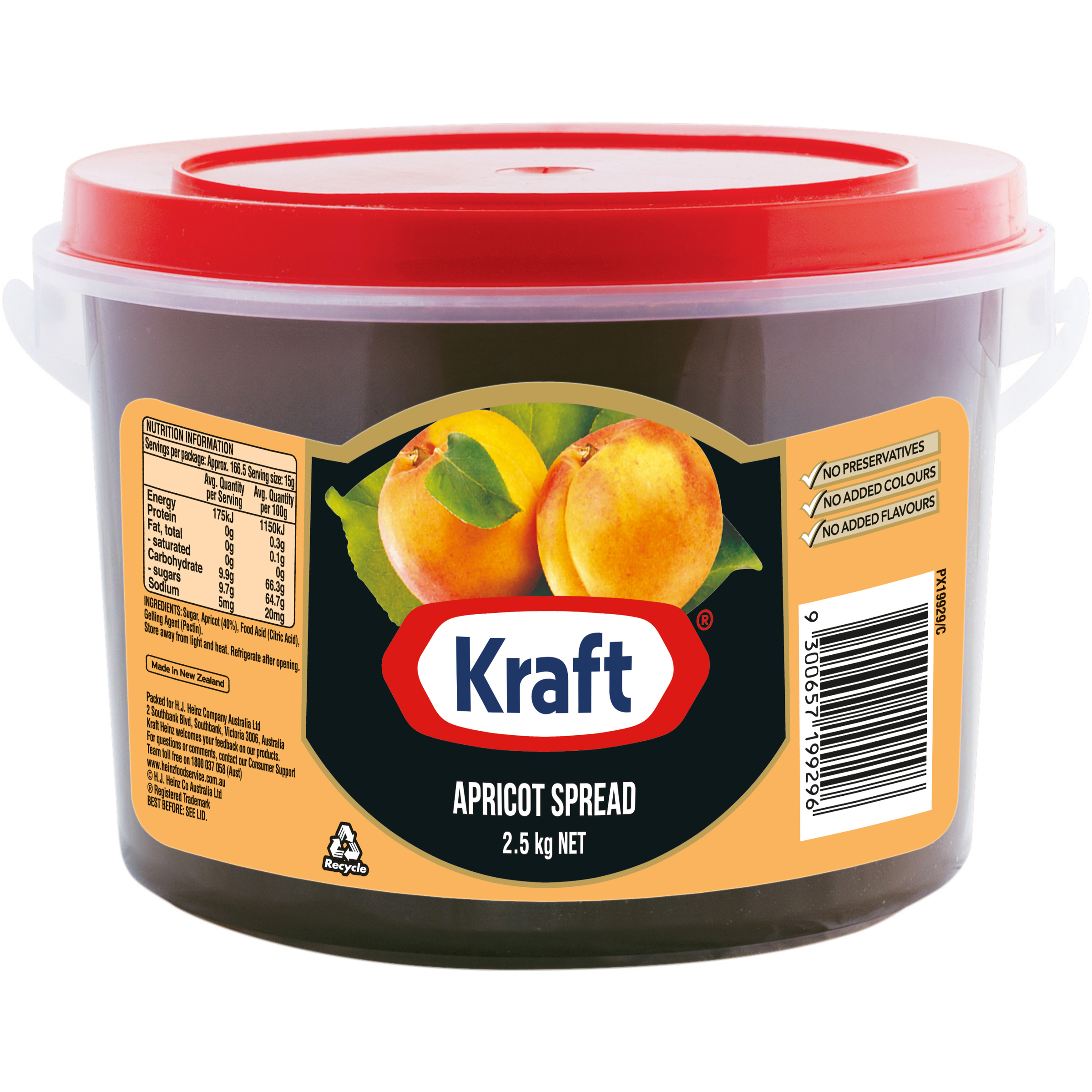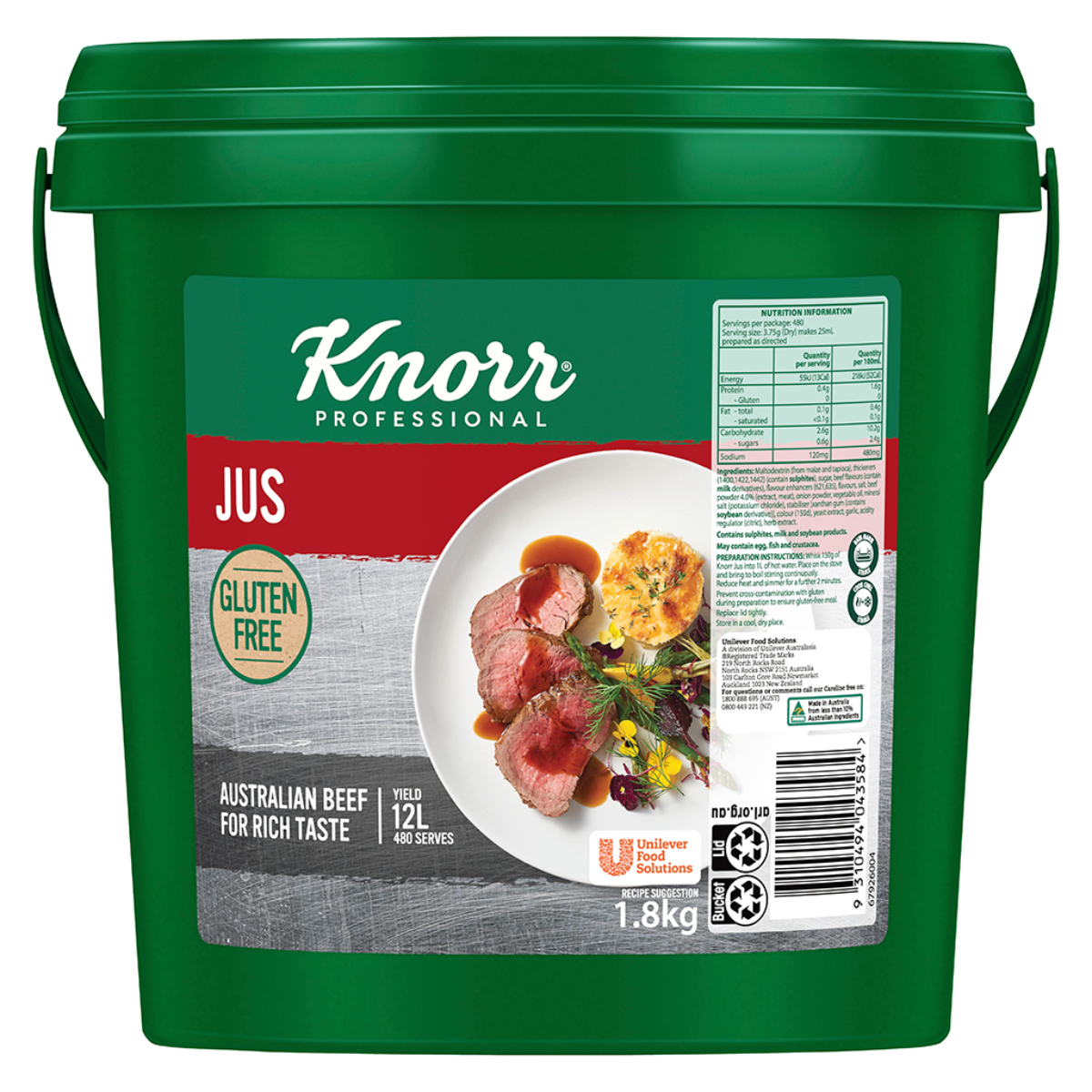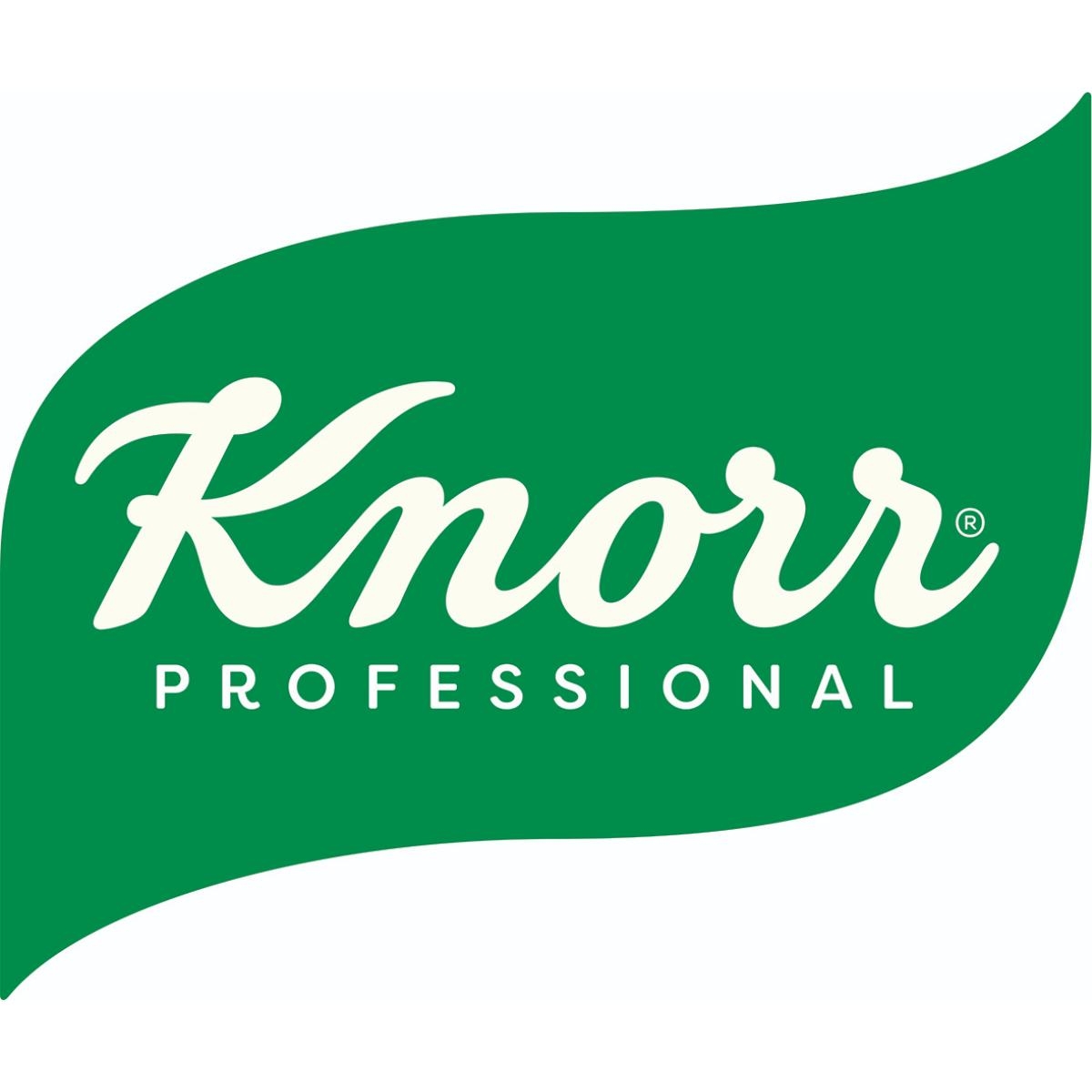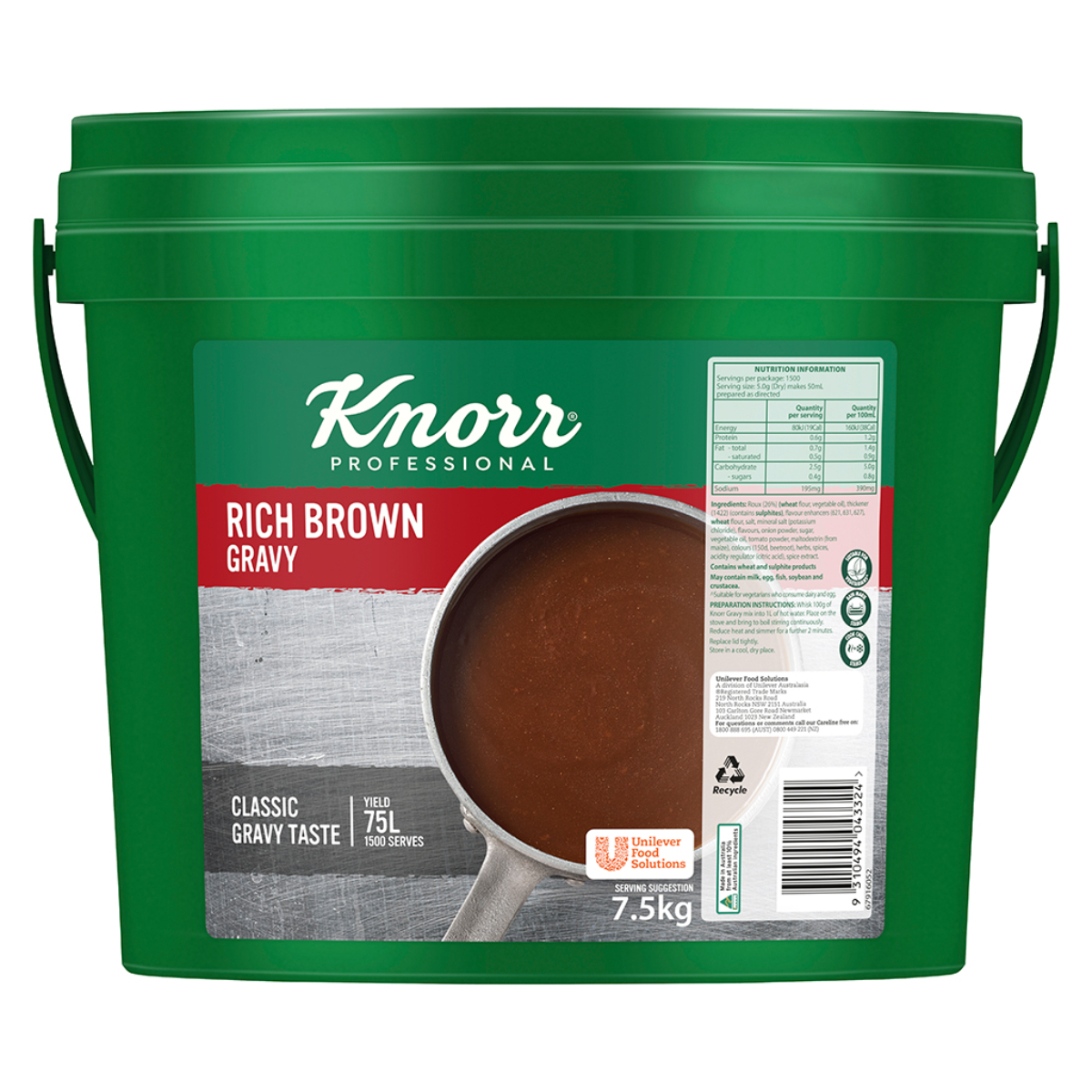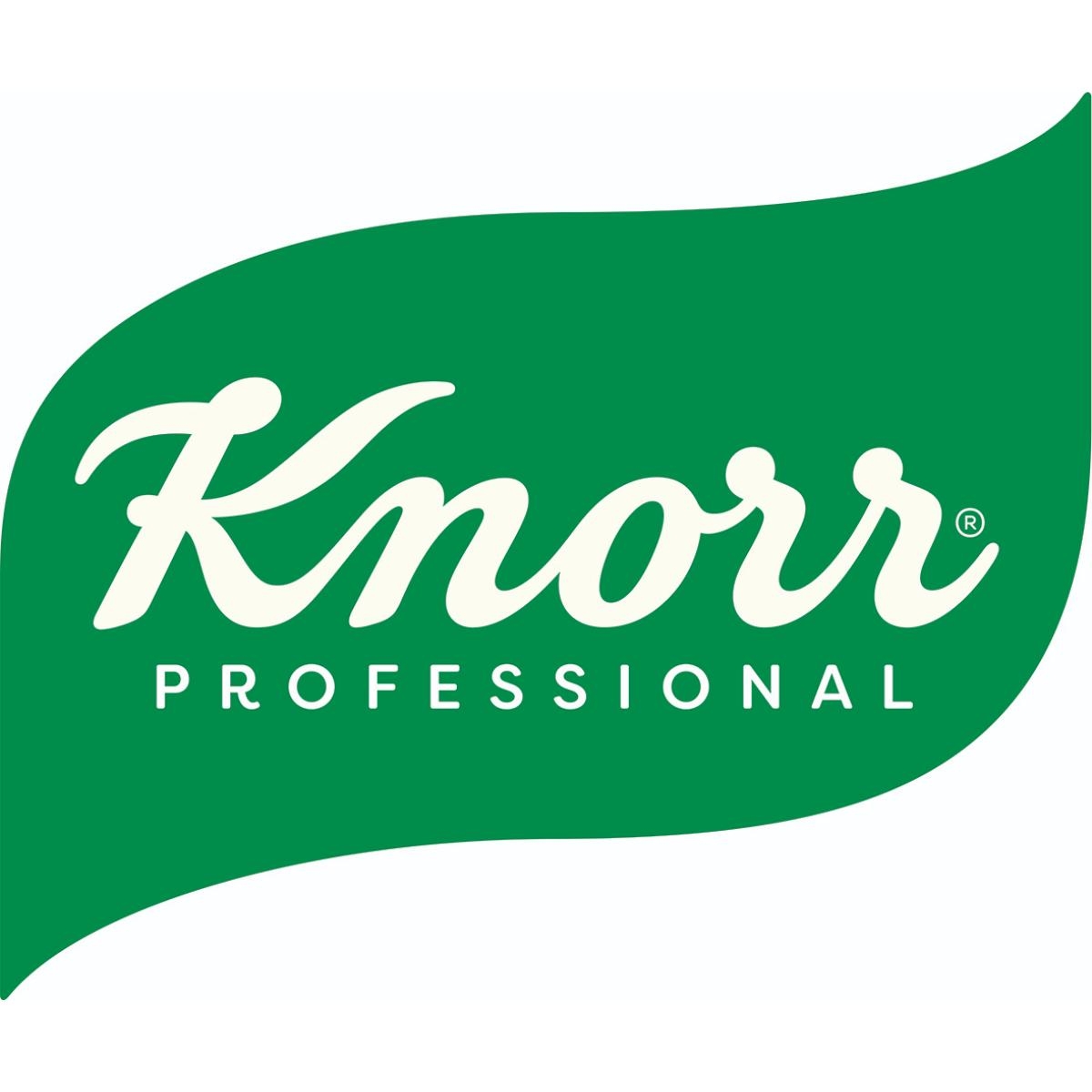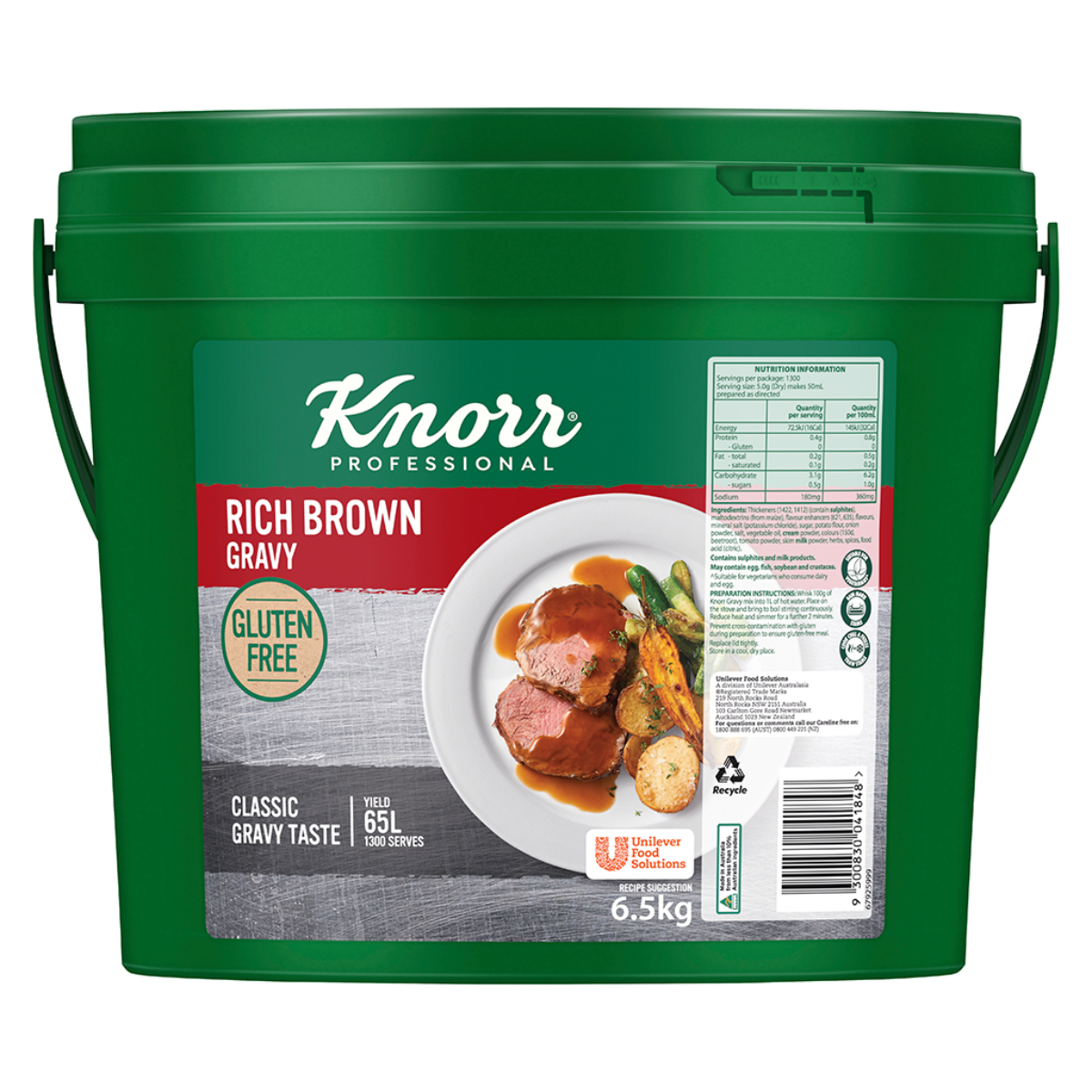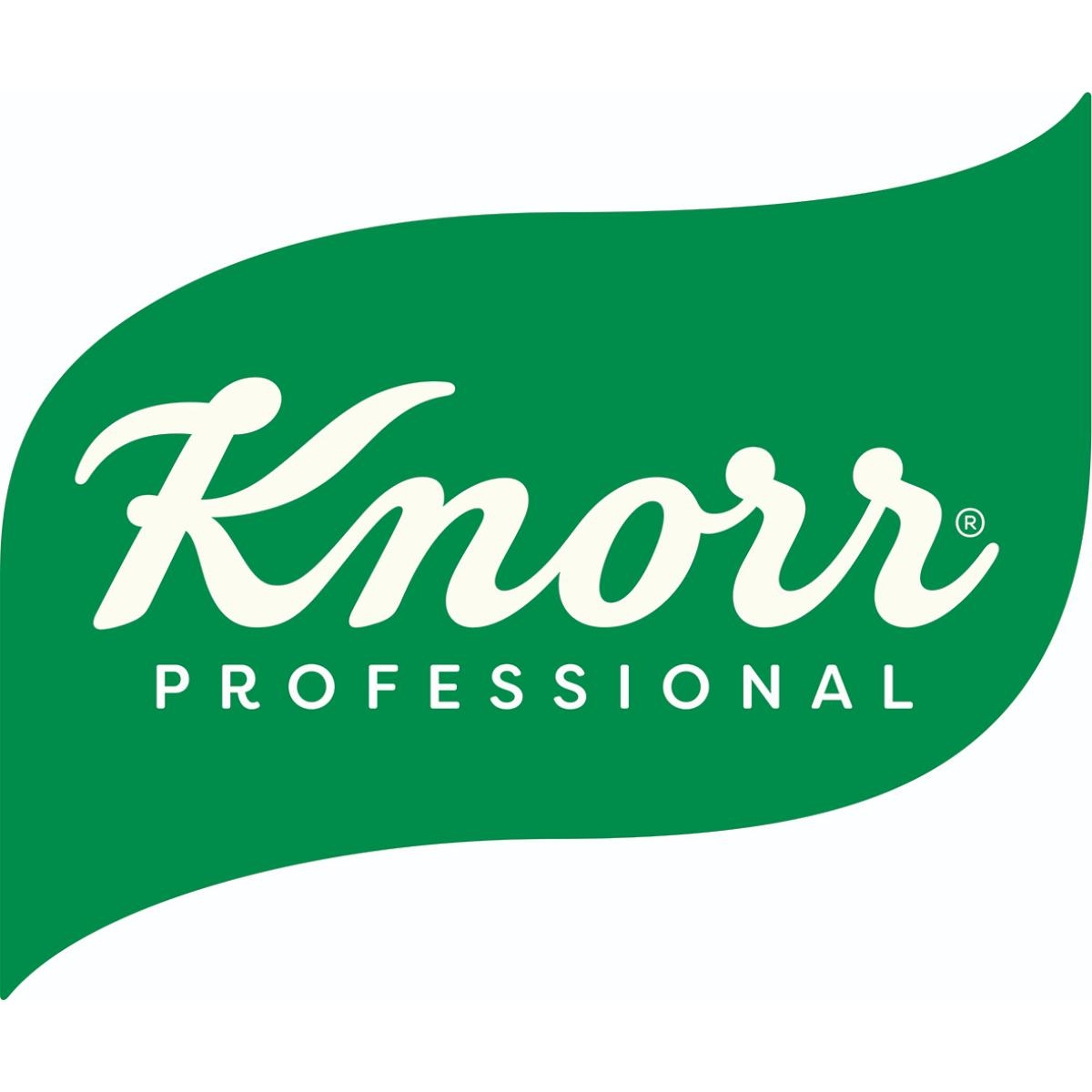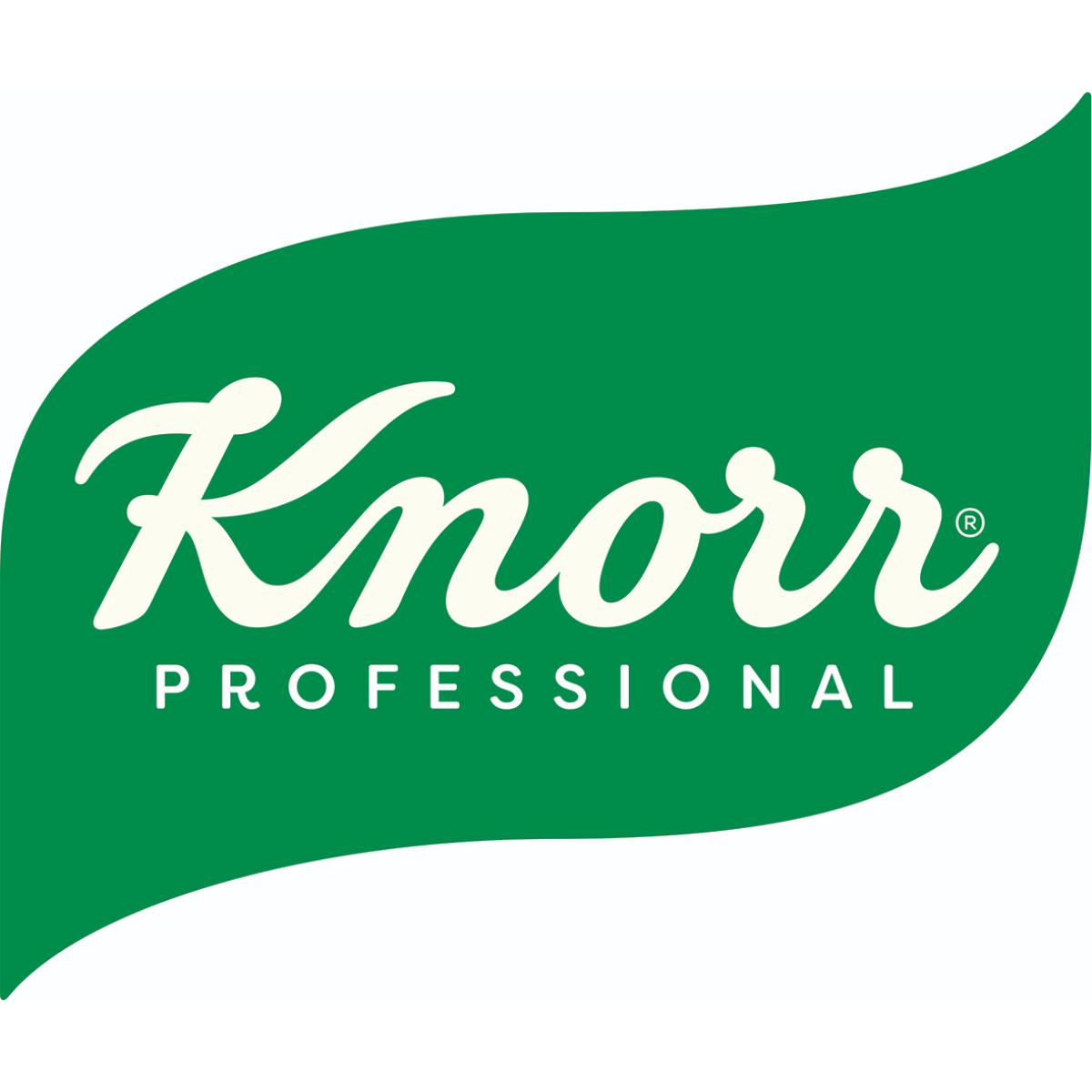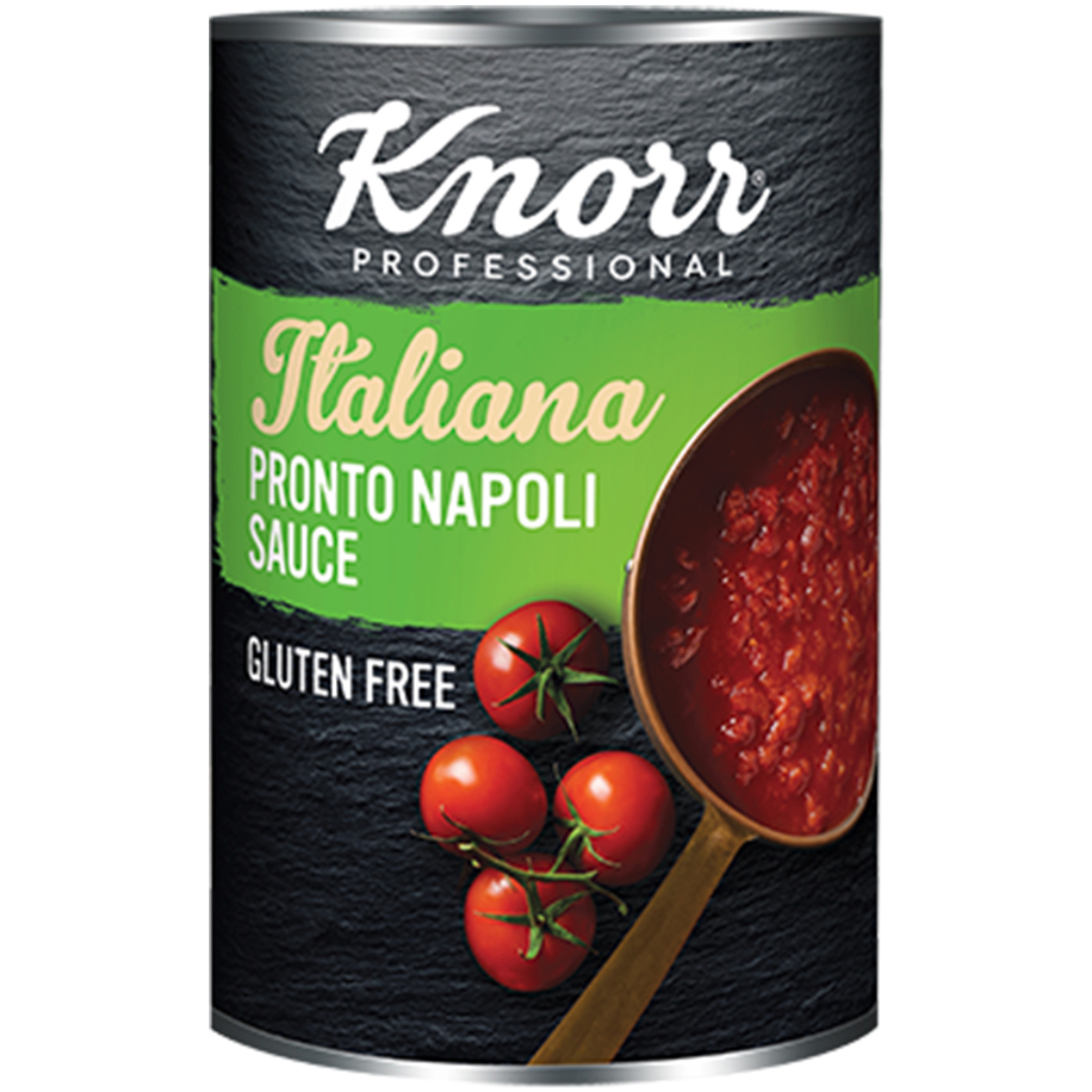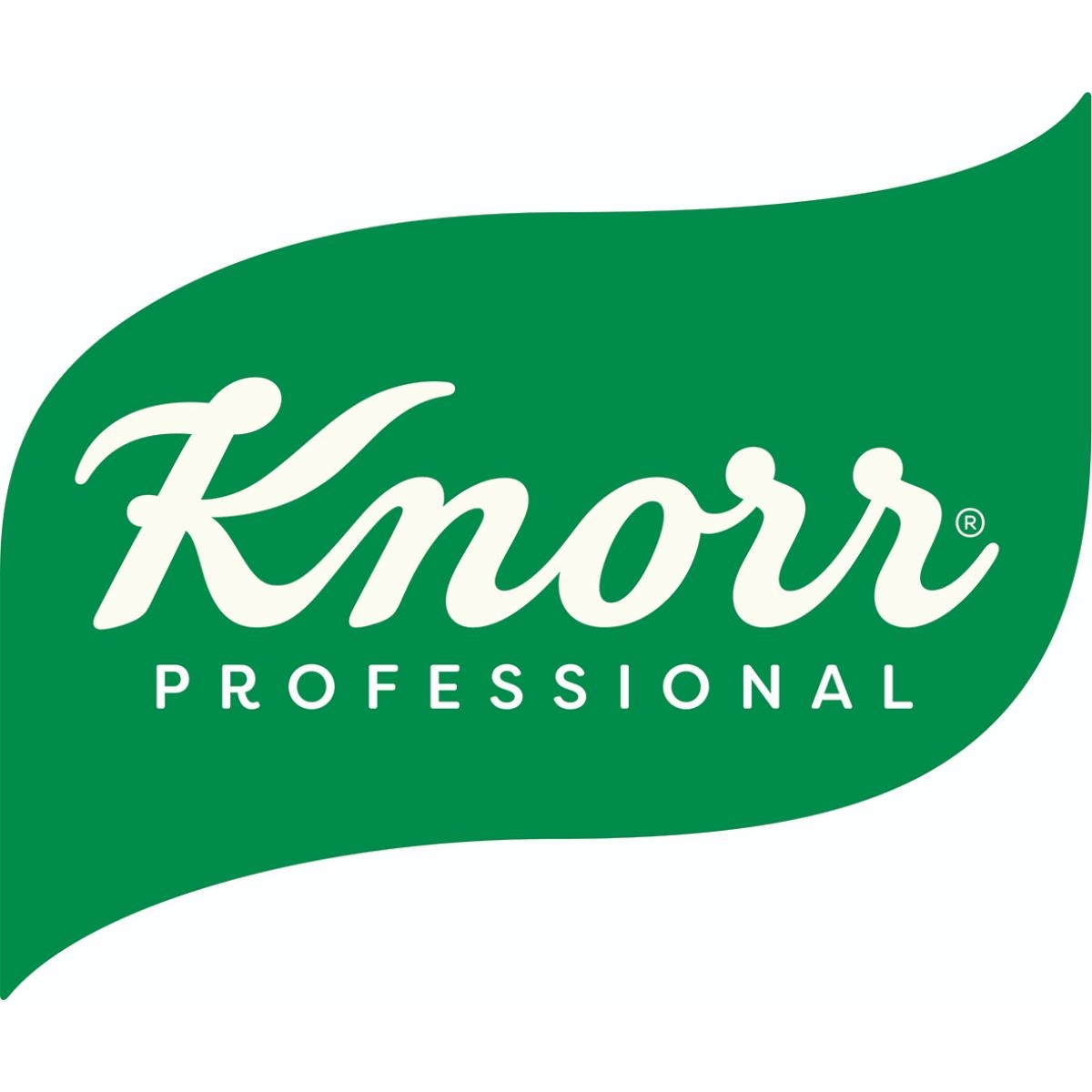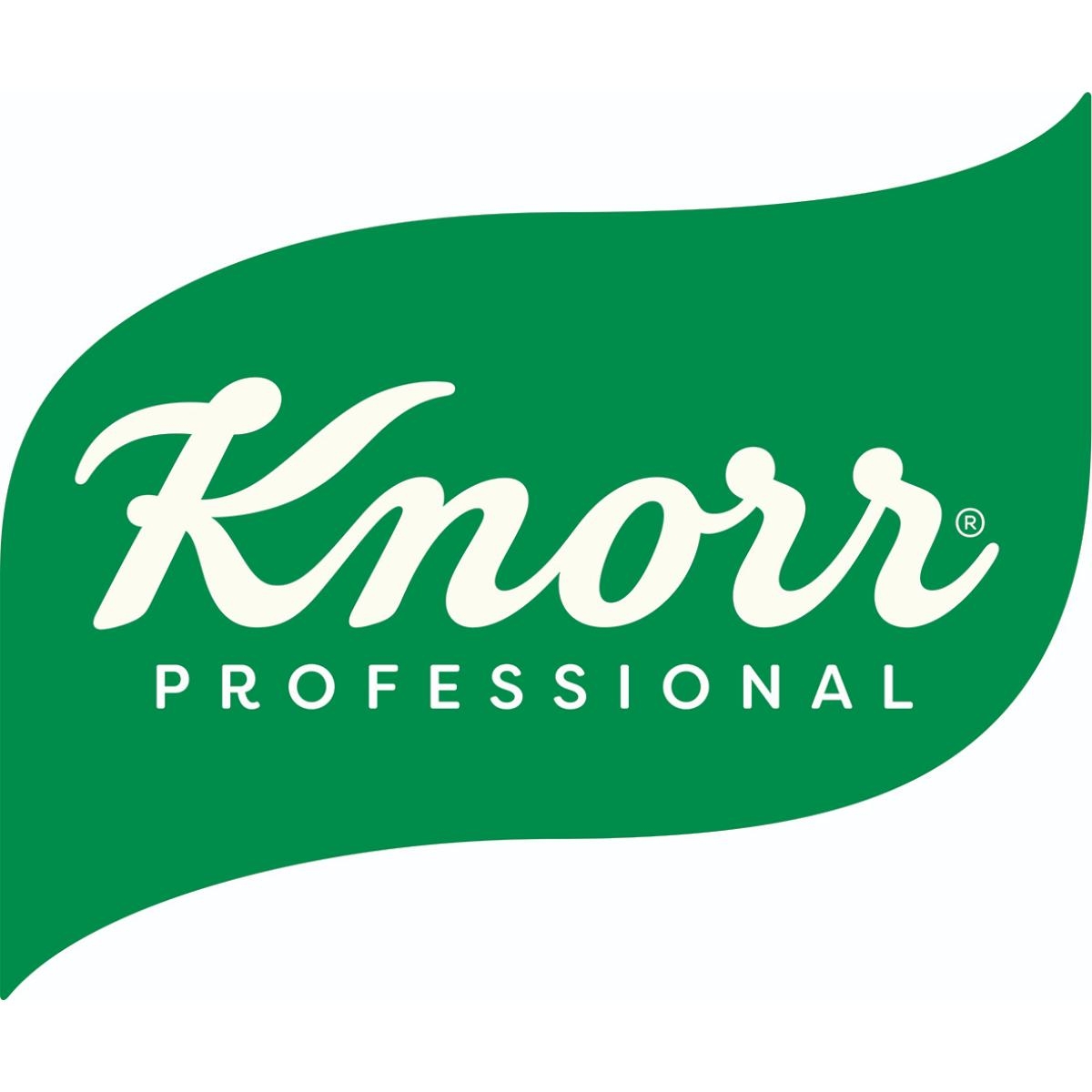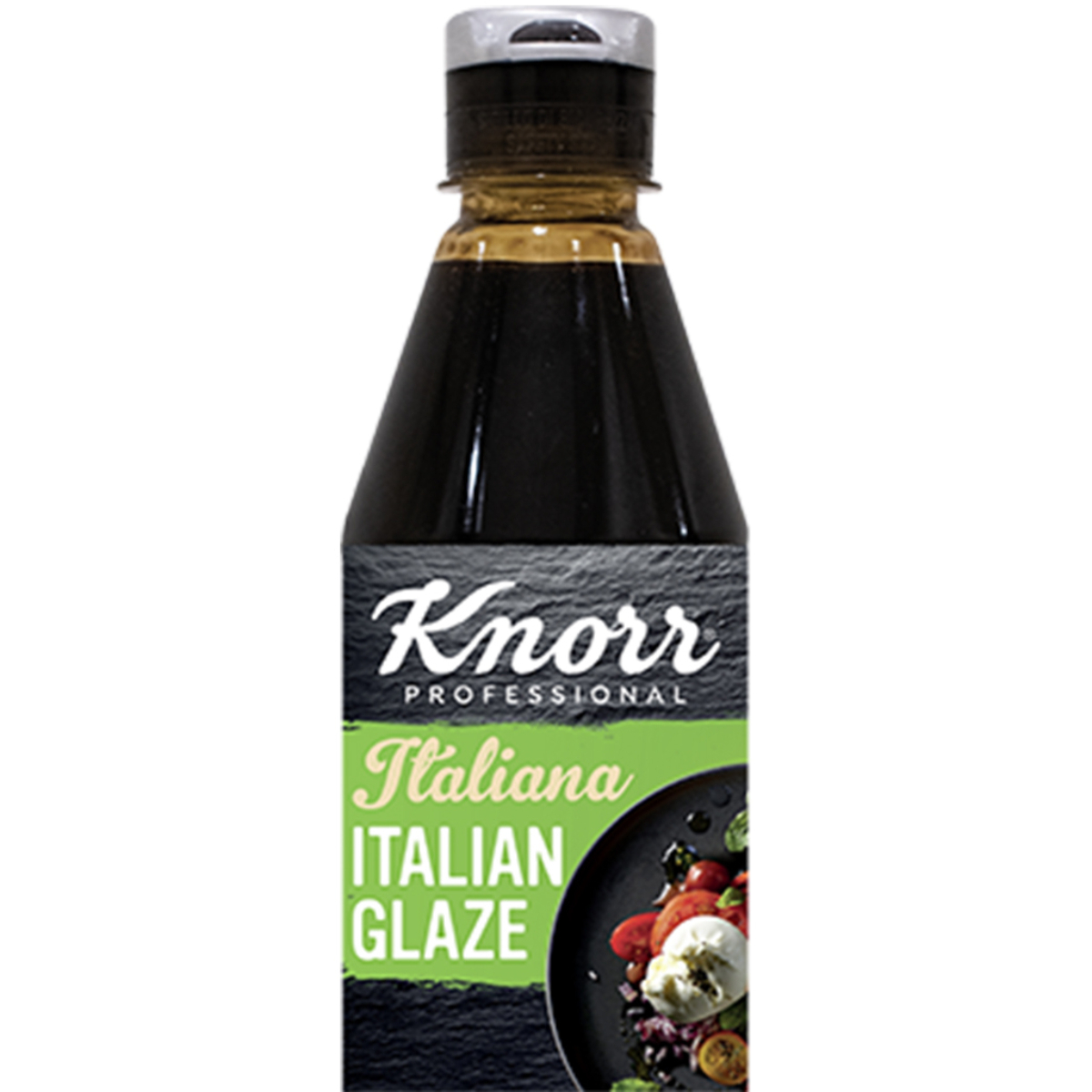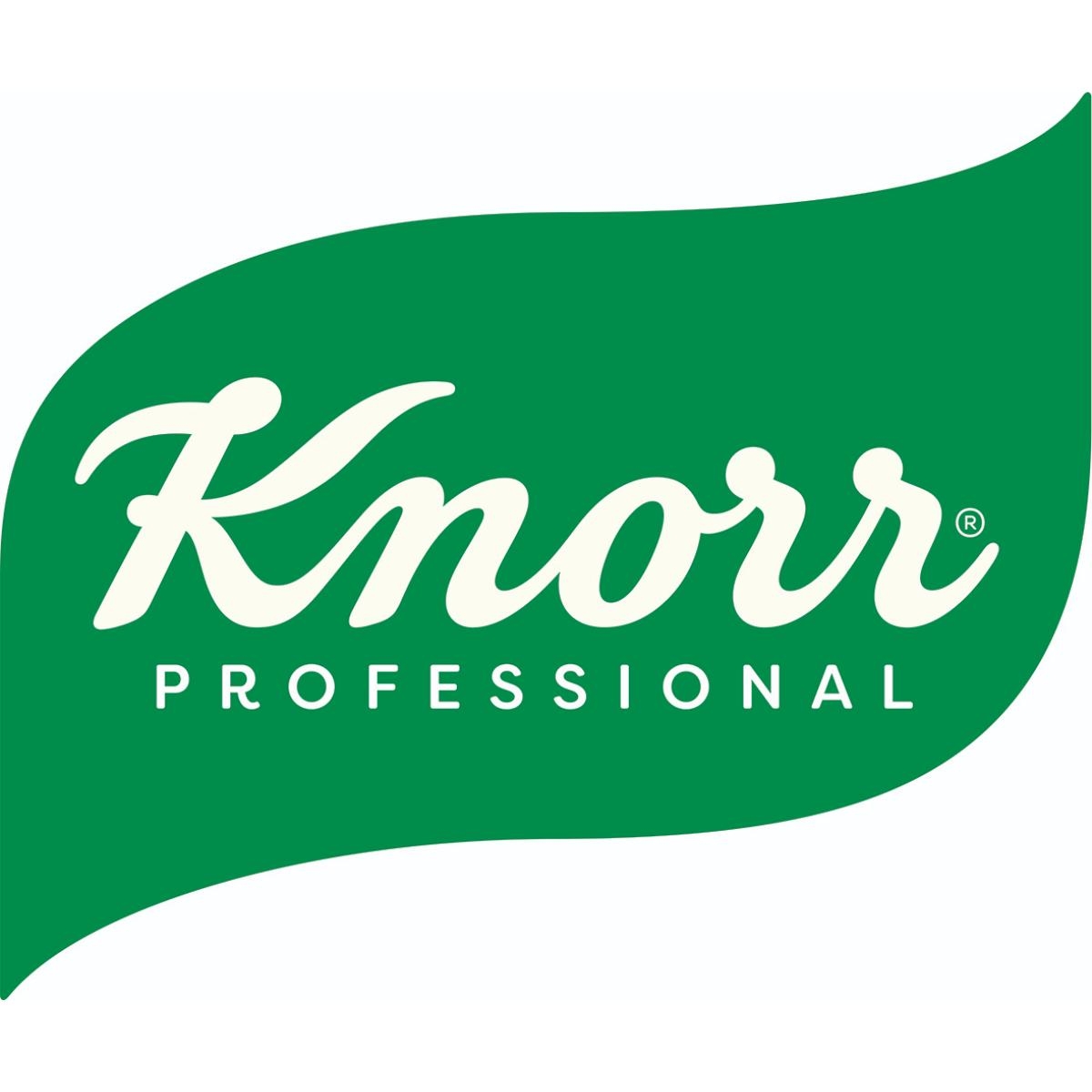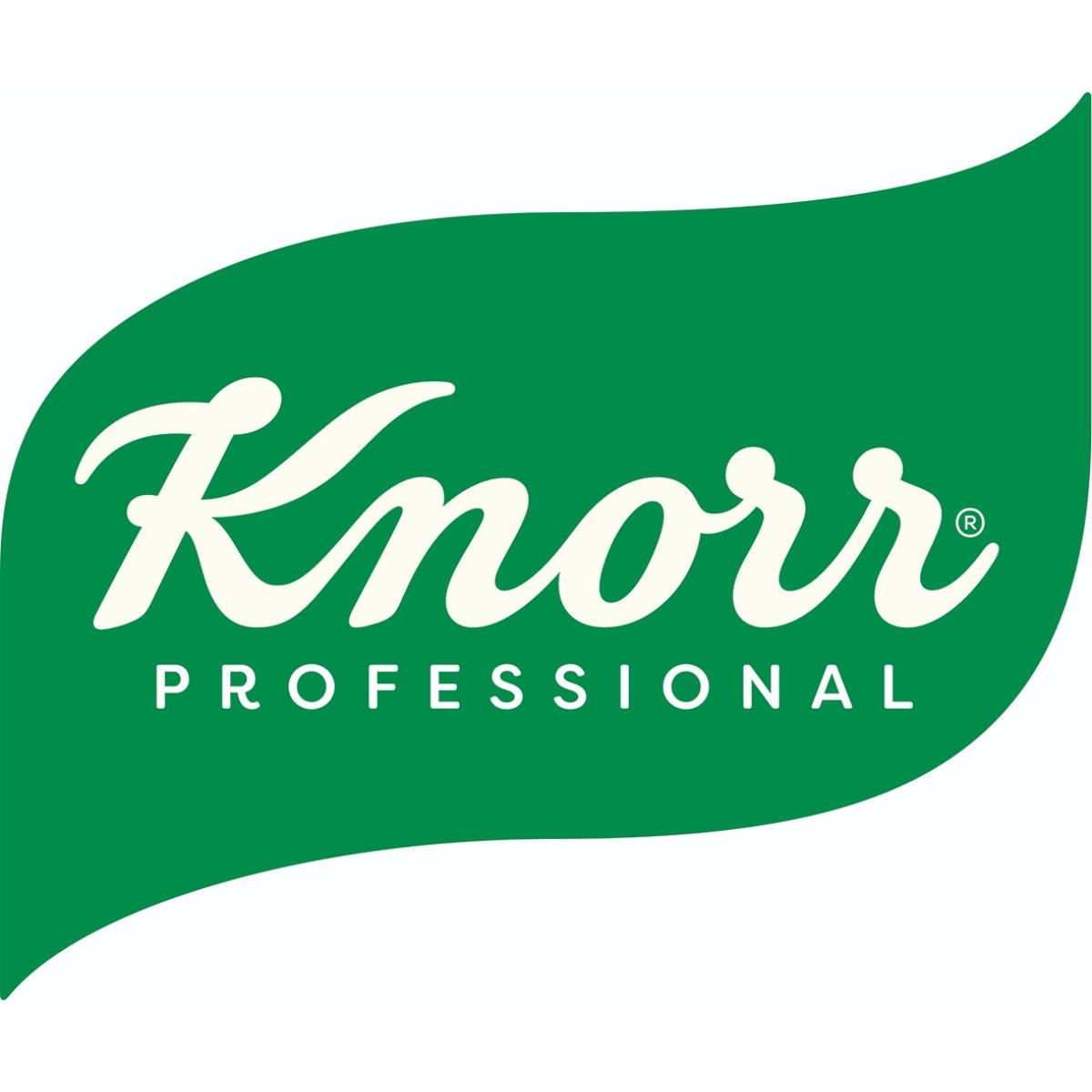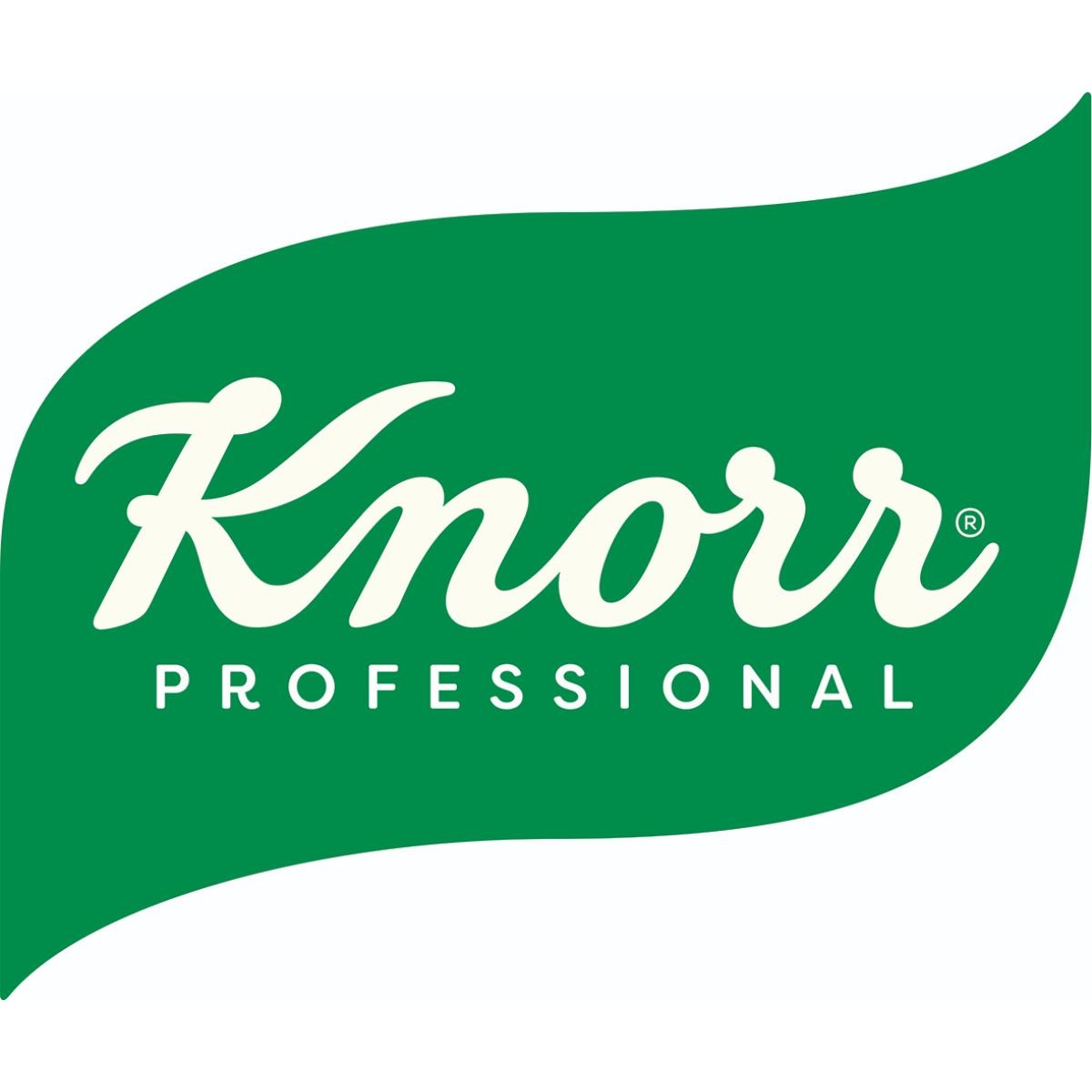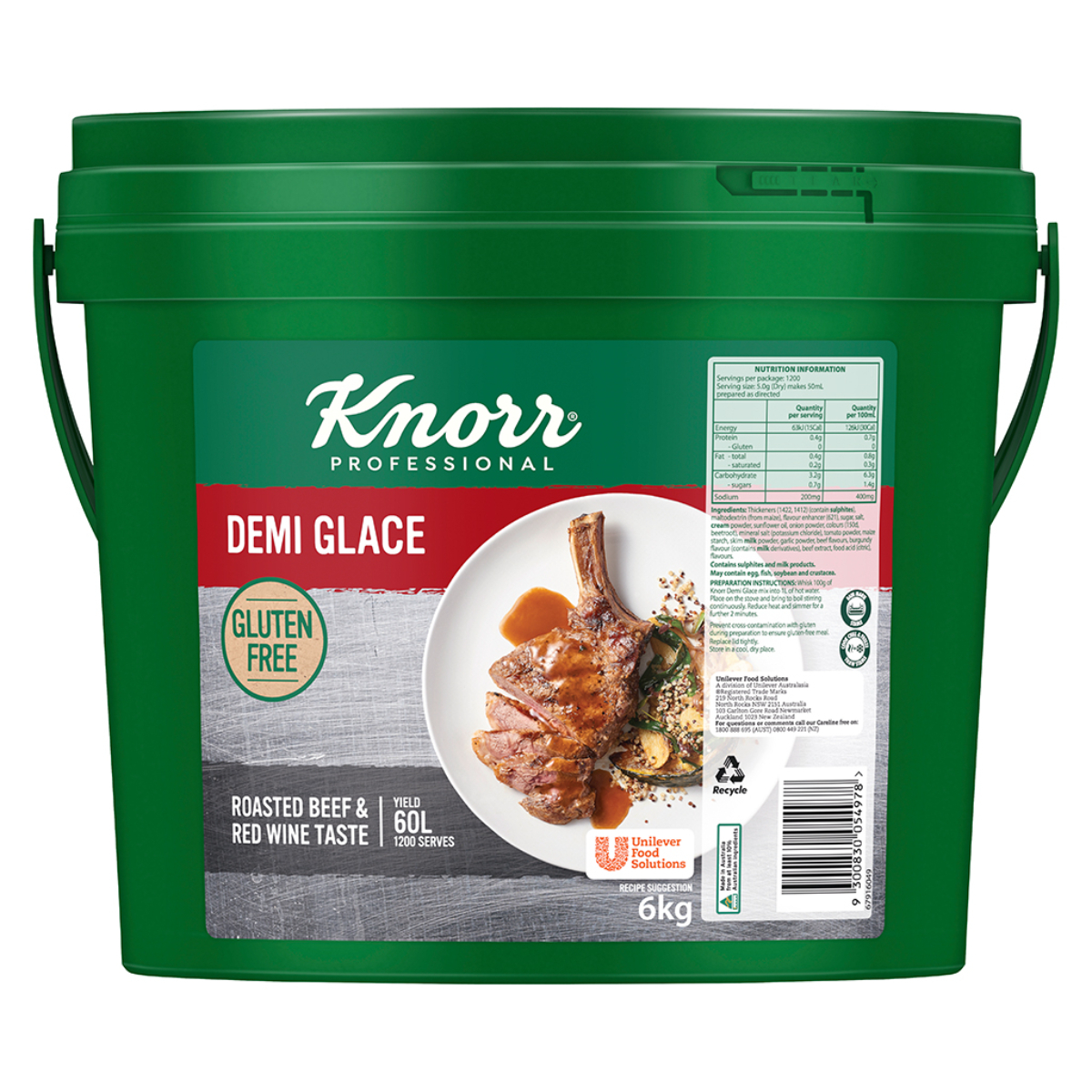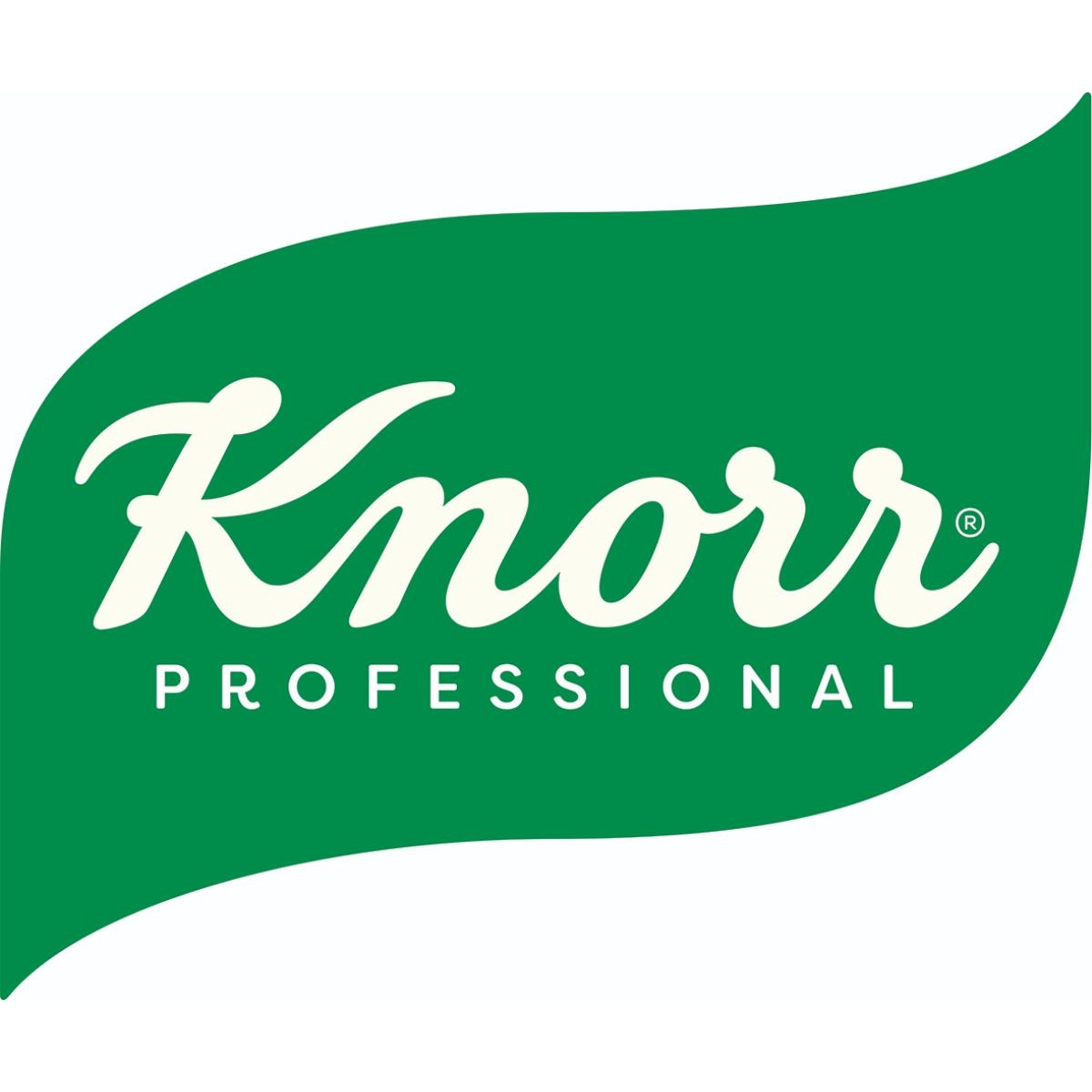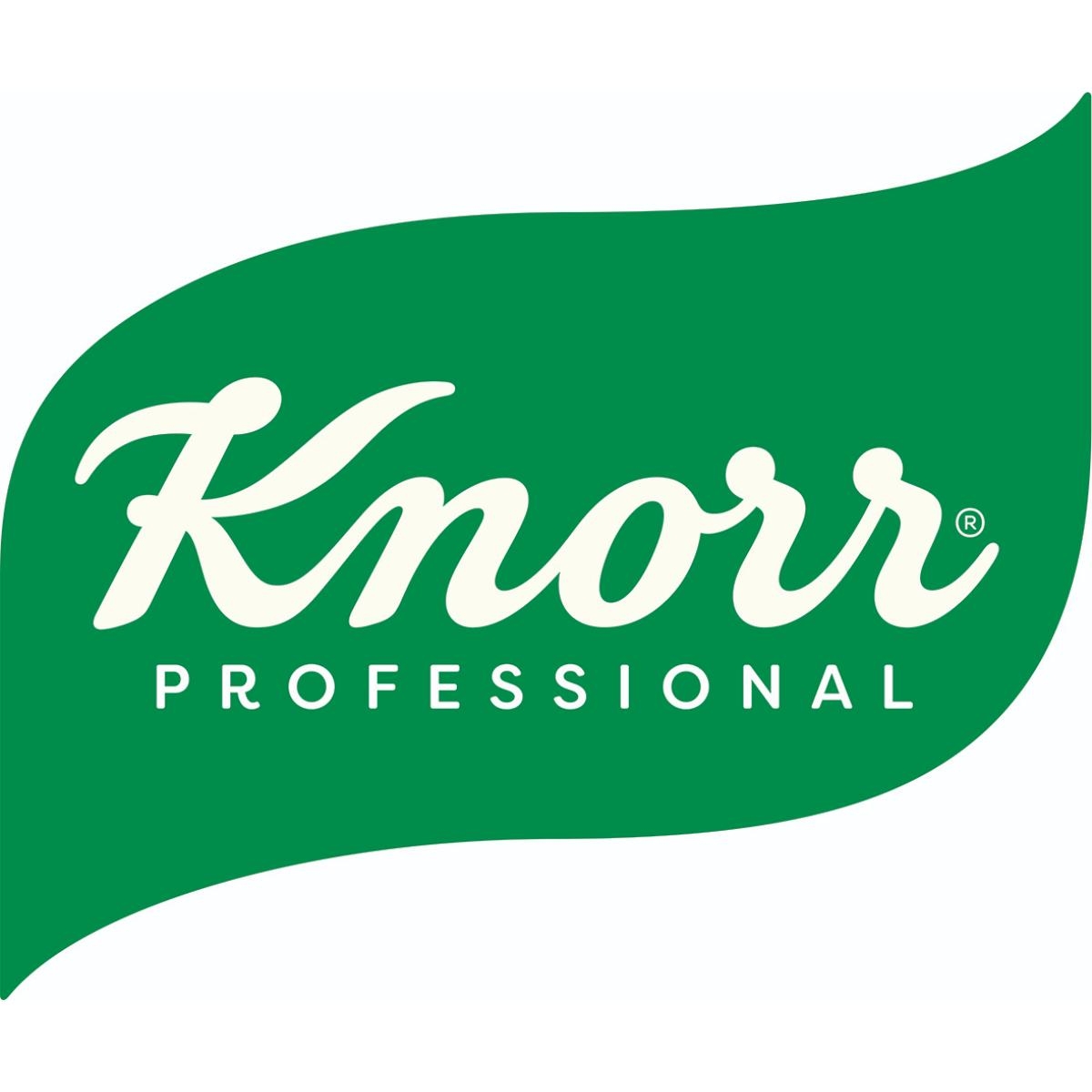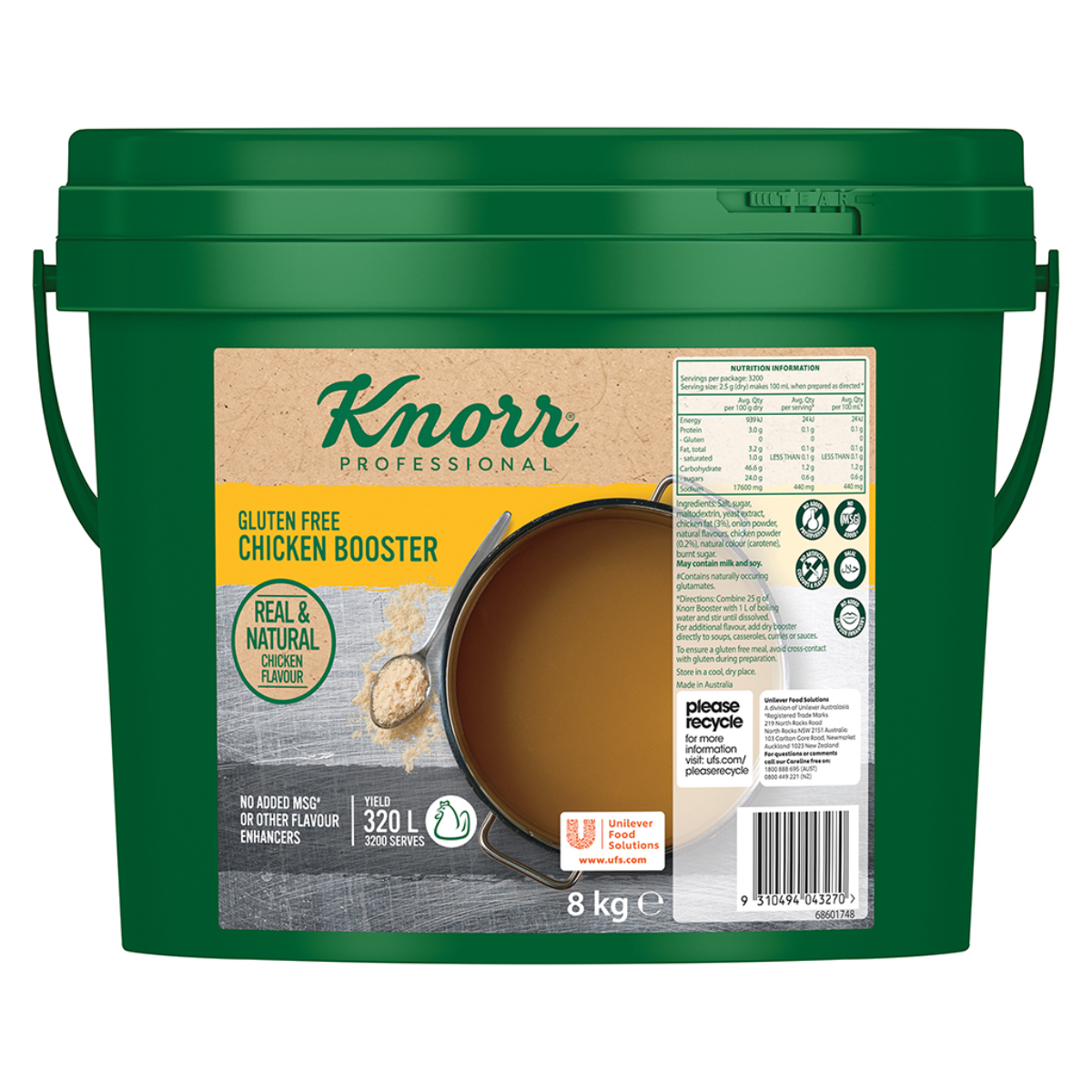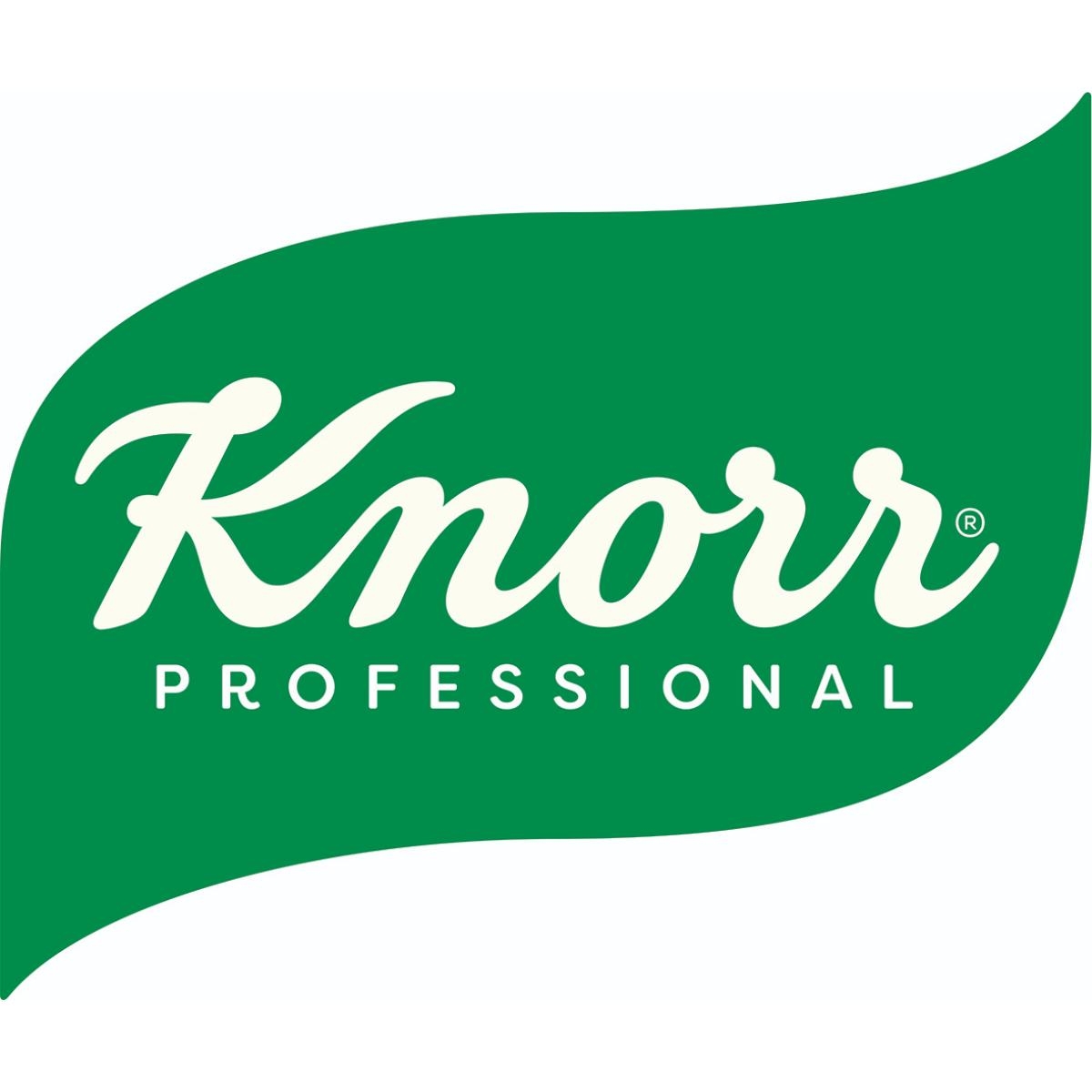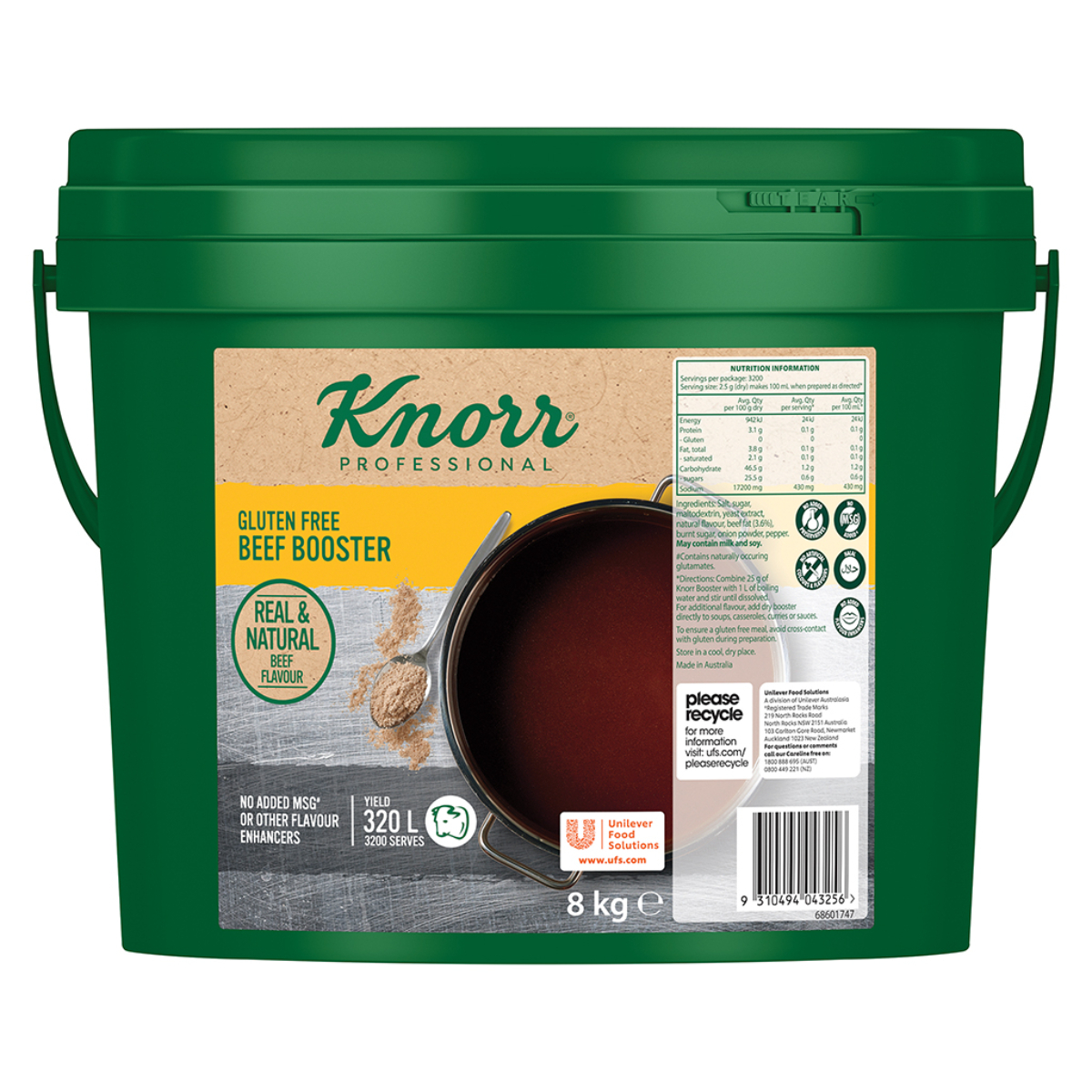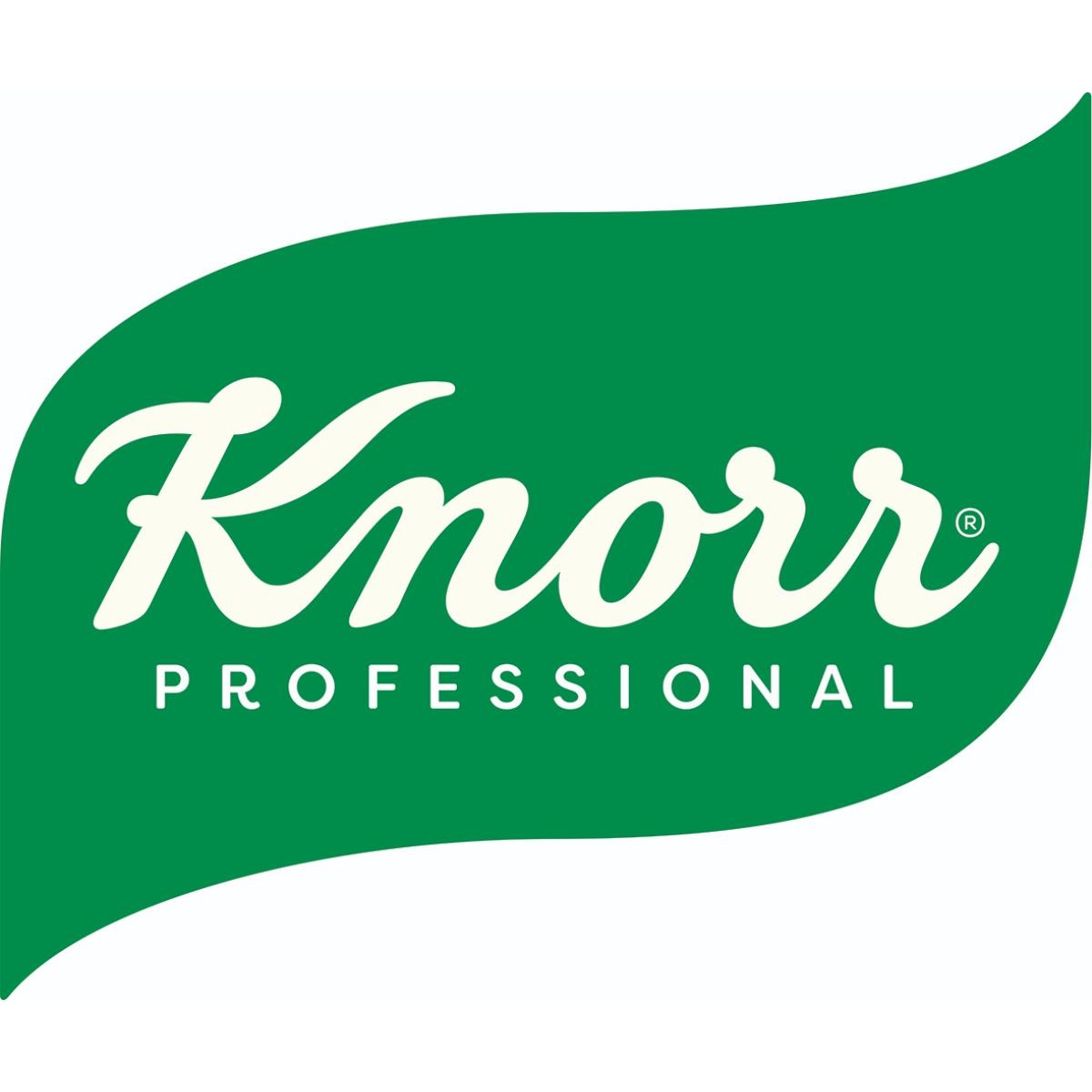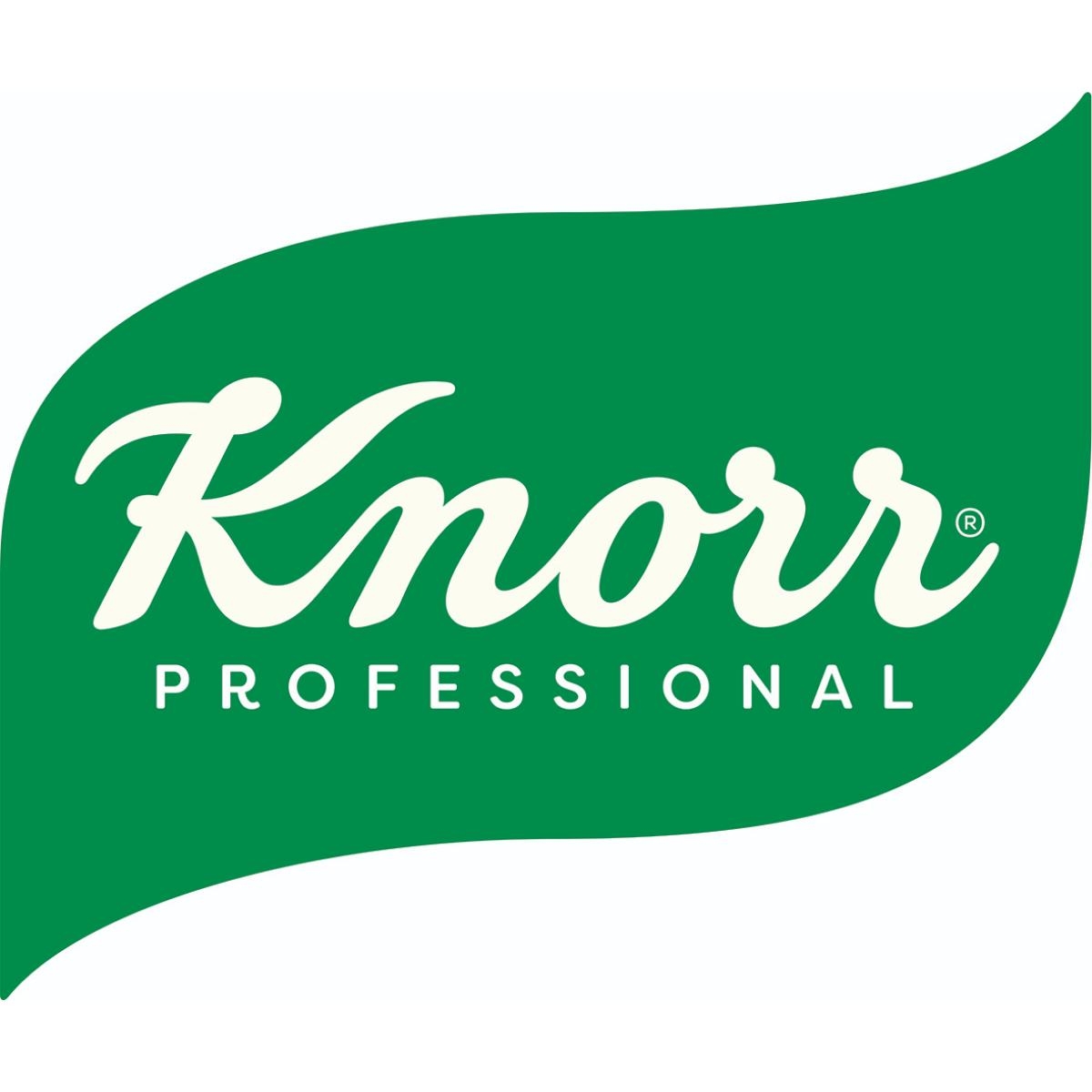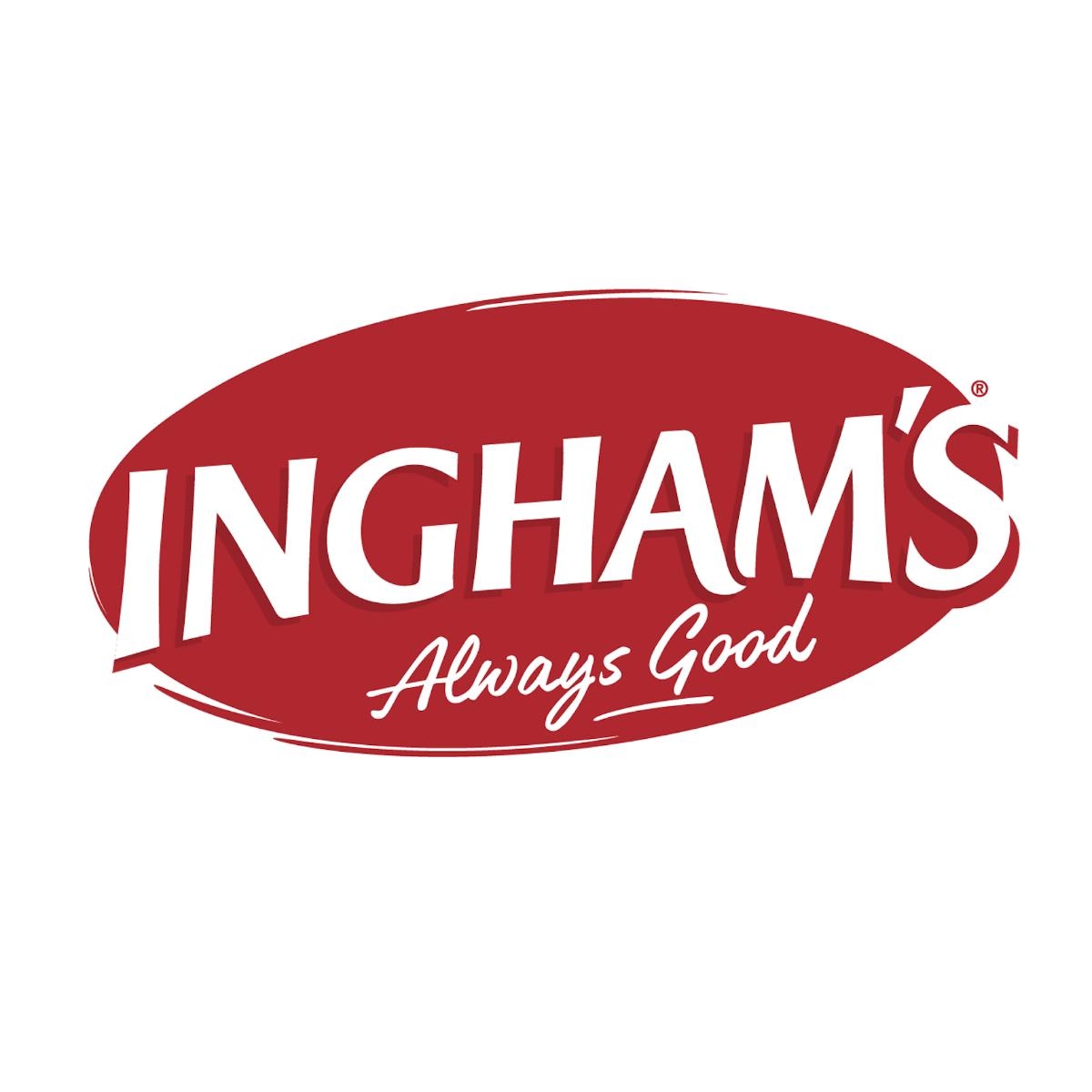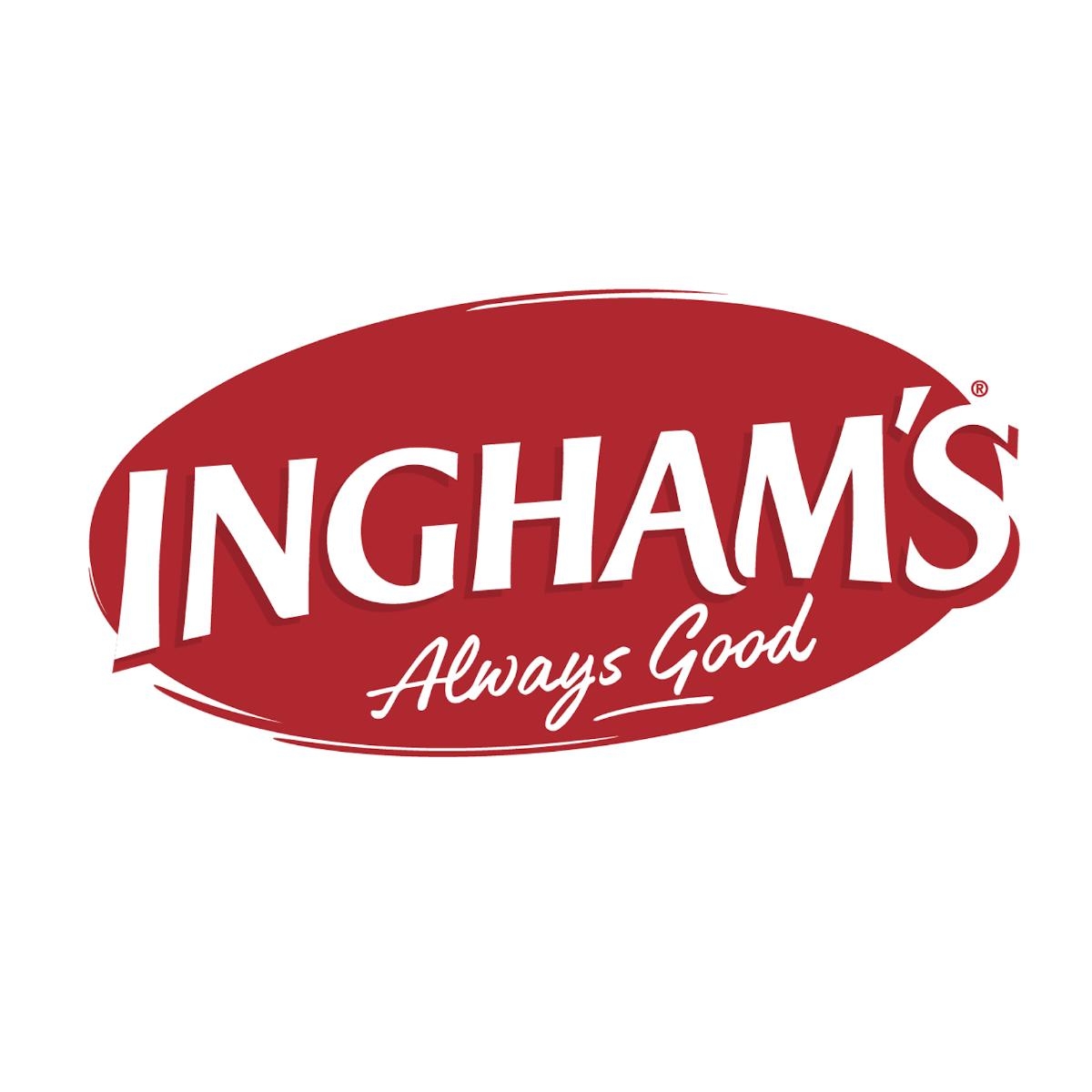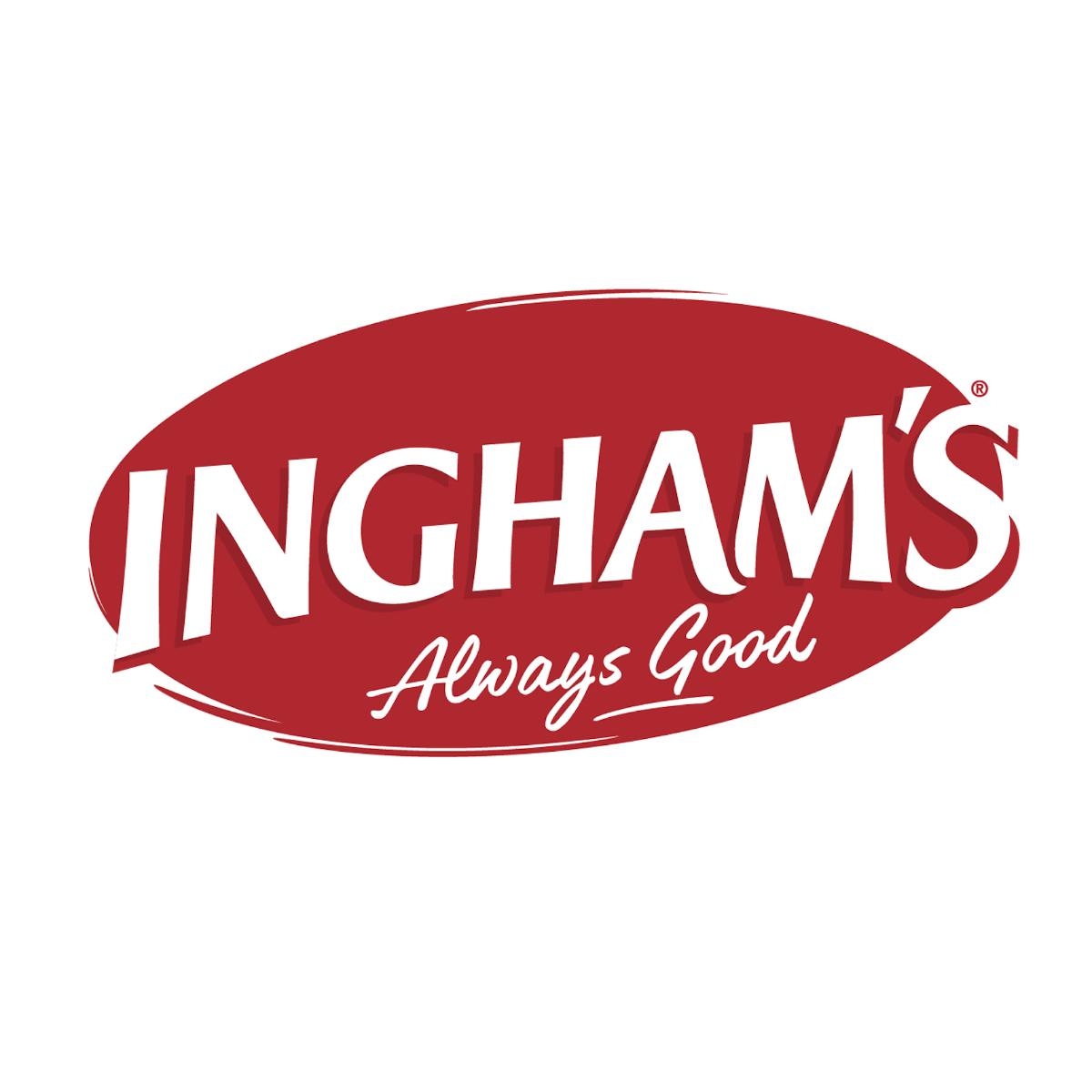In the fast-paced and ever-evolving hospitality industry, businesses are under increasing pressure to become more sustainable. Consumers are becoming more aware of the environmental impact of their food choices and demanding that businesses do more to reduce their impact. So, what does the actual cost of a sustainable kitchen look like? Beyond satisfying ideals, would it be worth the effect on the bottom line? And where would businesses even begin?
Defining a sustainable kitchen
When discussing sustainability, most people immediately think of environmentally friendly practices such as reducing plastic use and introducing recycling and composting into their workflow. But true sustainability extends beyond that and can include everything from ensuring ethical practices in your supply chain to remuneration and employee benefits.
Samuel Vivas, a veteran hospitality professional and a lecturer of hotel management at Torrens University, stresses the importance of truly understanding the measurable aspects of your business. “You can’t improve on what is not measured. Conduct an audit and understand which part of your business has the most environmental impact… making a sustainable change might not even cost you more money – it might be a change in the workflow, such as only purchasing seasonal produce, that saves you money instead.”
The challenge of convincing decision-makers
“One of the core challenges in becoming more sustainable is to get buy-in from the leaders of the business and getting the resources to focus on building out a framework”, says Chris Tan, Learning and Development Manager at Winning Academy, a business dedicated to futureproofing and improving teams and businesses. Decision makers are responsible for managing the impact on the business’s bottom line and can be reluctant to commit the resources needed for the change.
For this, you can apply a two-pronged approach. As Gen Z and Millennials mature into their spending powers, it can be very lucrative for the business to align with their values of making sustainable choices. “More and more consumers are engaging with organisations that have a sustainable focus. It’s one of the main concerns for younger generations,” says Tan.
The other benefit involves futureproofing the business. “Becoming more sustainable is about setting up your business for the next 10 to 15 years. You can downplay the customer’s preferences, but you can’t downplay legislation. Just look at the ban on single-use plastics and how many businesses were scrambling to comply. You don’t want to be disadvantaged when the law gets passed,” adds Vivas.
Operational challenges of becoming more sustainable
Beyond a monetary budget, one resource that cannot be overlooked is labour. The current labour shortage in hospitality provides a more significant challenge in seeing the investment through. “If your staff are too stretched to look after your customers, how can they be expected to look after the environment?” Vivas points out. Indeed, the first step to most sustainability initiatives often begins with more employee effort– many of them are spread too thin to comply effectively.
One way of alleviating your employees’ load is to look holistically at the business and ways to involve your customers. “One hotel I know provided credits at the bar if guests requested no housekeeping that day by hanging the Do Not Disturb sign on the door,” Vivas says. “This lightened the load for housekeeping and was a good marketing strategy for the hotel bar.”
Another strategy is to retain employees by aligning with their values. Gen Z now forms an increasing share of the potential customer base and is also maturing into the workforce. With employees looking beyond their paycheck for reasons to stay, echoing their values around sustainability could also help lower staff turnover, giving you a competitive edge in the labour market.
Cost-benefit analysis
So, with the daunting task of investing money and effort, is moving towards a sustainable kitchen worthwhile? “Making sustainability a priority has been immensely rewarding for Fishbowl,” says Paris Huxley, who manages marketing and customer experience for the business. “Not only have we reduced our environmental impact, but we have also witnessed positive customer responses and enhanced brand reputation. Sustainability has become a driving force behind our innovation, inspiring us to discover new ways to create value while protecting the planet.”
While the sustainability journey looks different for everyone, Huxley has some suggestions on where to start.
“For a new business, start with a strong foundation by integrating sustainability into your business plan from the outset. Seek expert guidance, collaborate with sustainable suppliers and communicate your commitment to stakeholders,” she says.
For an existing business, “Assess your current operations to identify areas where sustainable practices can be implemented,” she adds. “Engage employees at all levels, set achievable goals and foster a culture of sustainability through education and empowerment.”
For a head chef looking to convince stakeholders, “Present a compelling case to the business owners by highlighting the benefits of sustainable practices, both from an environmental and economic perspective,” Huxley explains. “Emphasise potential cost savings, improved brand image and customer appeal to make a persuasive argument.”
While the sustainability journey may present challenges, the rewards can be immense. By taking a proactive approach and integrating sustainability into business practices, food service establishments can positively impact the environment while securing a successful future.











